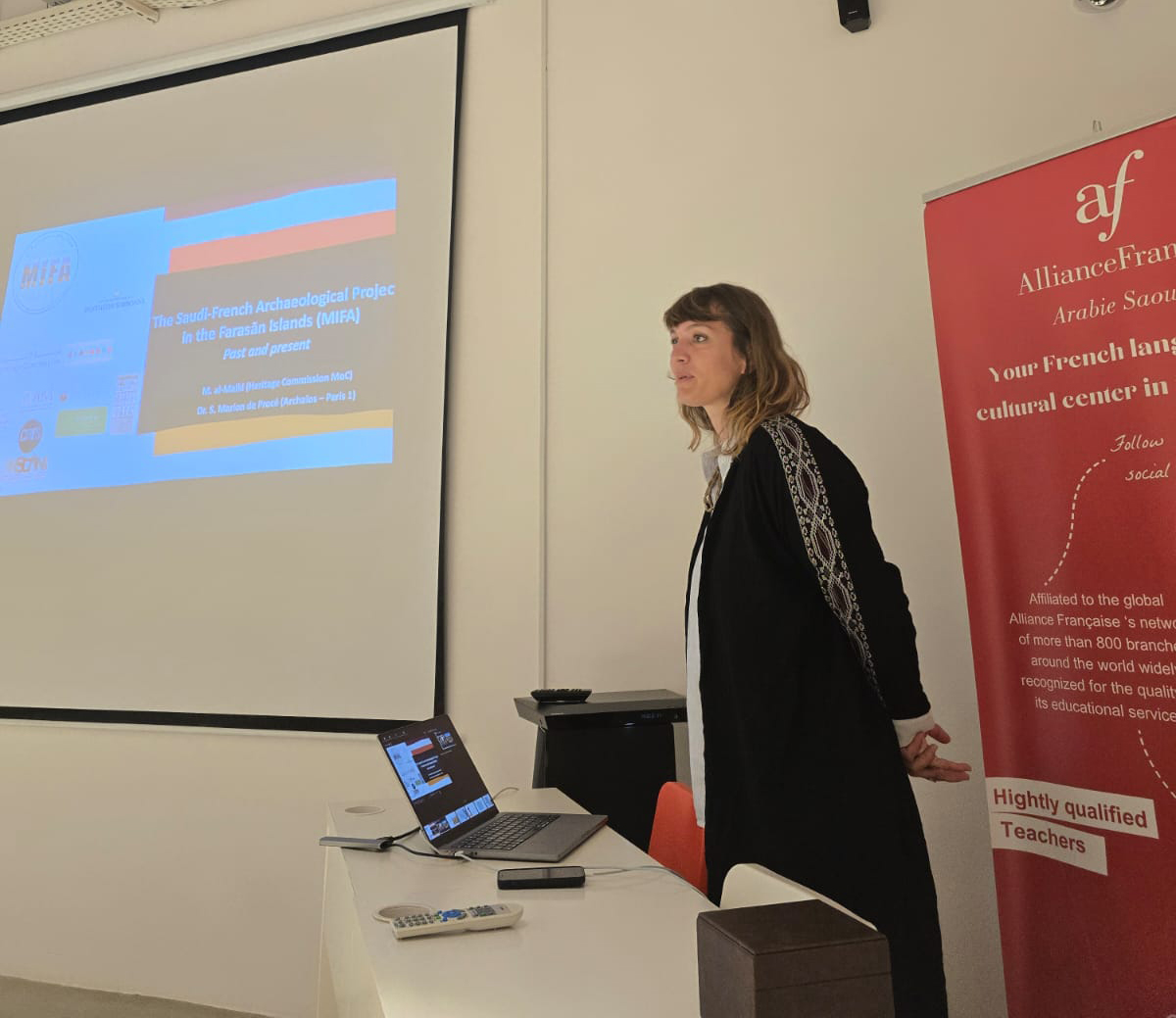RIYADH: Turkiye’s efforts to tighten fiscal policy are being hampered by the financial burden of earthquake reconstruction, Finance Minister Mehmet Simsek said, as the government grapples with balancing spending and economic stability.
Speaking during a closing panel at the AlUla Conference for Emerging Market Economies, Simsek said the country’s fiscal position remains under pressure due to ongoing rebuilding efforts.
Turkiye was struck by a 7.8-magnitude earthquake and a powerful aftershock on Feb. 6, 2023, devastating 11 provinces, killing over 53,000, and causing $34.2 billion in damages — 4 percent of its 2021 gross domestic product, according to a World Bank rapid damage assessment report. The estimate covered direct physical damage but did not account for indirect or secondary economic impacts.
“We have spent about $74 billion over the past two years, which is equivalent to just over 6 percent of GDP on earthquake reconstruction because we are building cities from scratch. Currently, 450,000 units are under construction; it’s the whole infrastructure,” Simsek said.
“Last couple of years, fiscal deficit to GDP has been around 5 percent, which is relatively high by Turkish standards. This year, we aim to bring it down to about 3 percent, so fiscal adjustment is underway,” he added.
The fiscal challenges come as Turkiye’s government pledged in March to continue tightening policy to curb inflation. The same month, Fitch Ratings upgraded Turkiye’s credit rating to “B+” from “B,” citing a more disciplined approach to monetary policy.
Despite headwinds, Simsek said inflation expectations are improving, albeit slowly.
“Inflation expectations are improving, but it’s been sluggish, in particular among households and among, you know, corporates, while markets obviously tend to have a better reading of what we are saying,” he said.
He emphasized that there is no substitute for better policies, stressing that the key lies in sound policymaking and effective execution. “For this year, it’s a combination of tight monetary policy and tighter fiscal policy combined with a more supportive incomes policy,” he said, adding that these measures should help sustain disinflation, which is crucial for improving expectations.
Macroeconomic stability
During the panel, Egypt’s minister of planning, economic development, and international cooperation, Rania Al-Mashat, said investing in resilience is an investment in the future.
“There are first principles that we all agree on, macroeconomic stability, this is a necessary condition if we want to move forward on privatization, if we want to move forward on confidence and credibility internally and externally,” Al-Mashat said.
She pointed to recent reforms that have stabilized Egypt’s economy, particularly in the foreign exchange market, and noted a retrenchment in public investment. “Right after March, you can see the manufacturing non-oil sector moving forward. We can see more exports taking place once the intermediate inputs into production were actually pushed,” she added.
Pakistan’s Finance Minister Muhammad Aurangzeb echoed the emphasis on fiscal responsibility, saying the country has achieved a primary surplus through disciplined management.
“Our taxes to GDP ratio has been languishing between 9 to 10 percent. That sort of moved in the direction of 10.8 percent at the end of December. We have agreed to move it to 13.5 percent to join the committee of nations and to bring a certain level of sustainability to the primary surplus that we have,” Aurangzeb said.
“On the other side, it’s also discussion on the expenditures and making tough policy choices with respect to what is a good cost and bad cost,” he added.
Brazil’s economic outlook
Brazil’s Finance Minister Fernando Haddad said the country’s central bank has played a key role in bringing inflation under control while maintaining growth.
“We are growing in the last two years around 3.4 percent a year, contradicting all of the predictions both domestic and international,” Haddad said.
“And we understand that the fiscal adjustment that we’re doing is not recessive because we’re guaranteeing a growth rate of 3.4 percent around a decline in inflation,” he added.
Organized by the International Monetary Fund and Saudi Arabia, the first edition of the high-level annual conference in AlUla aimed to address global economic challenges. The two-day event brought together finance ministers, central bank governors, and policymakers, alongside leaders from the public and private sectors, international institutions, and academia.
























